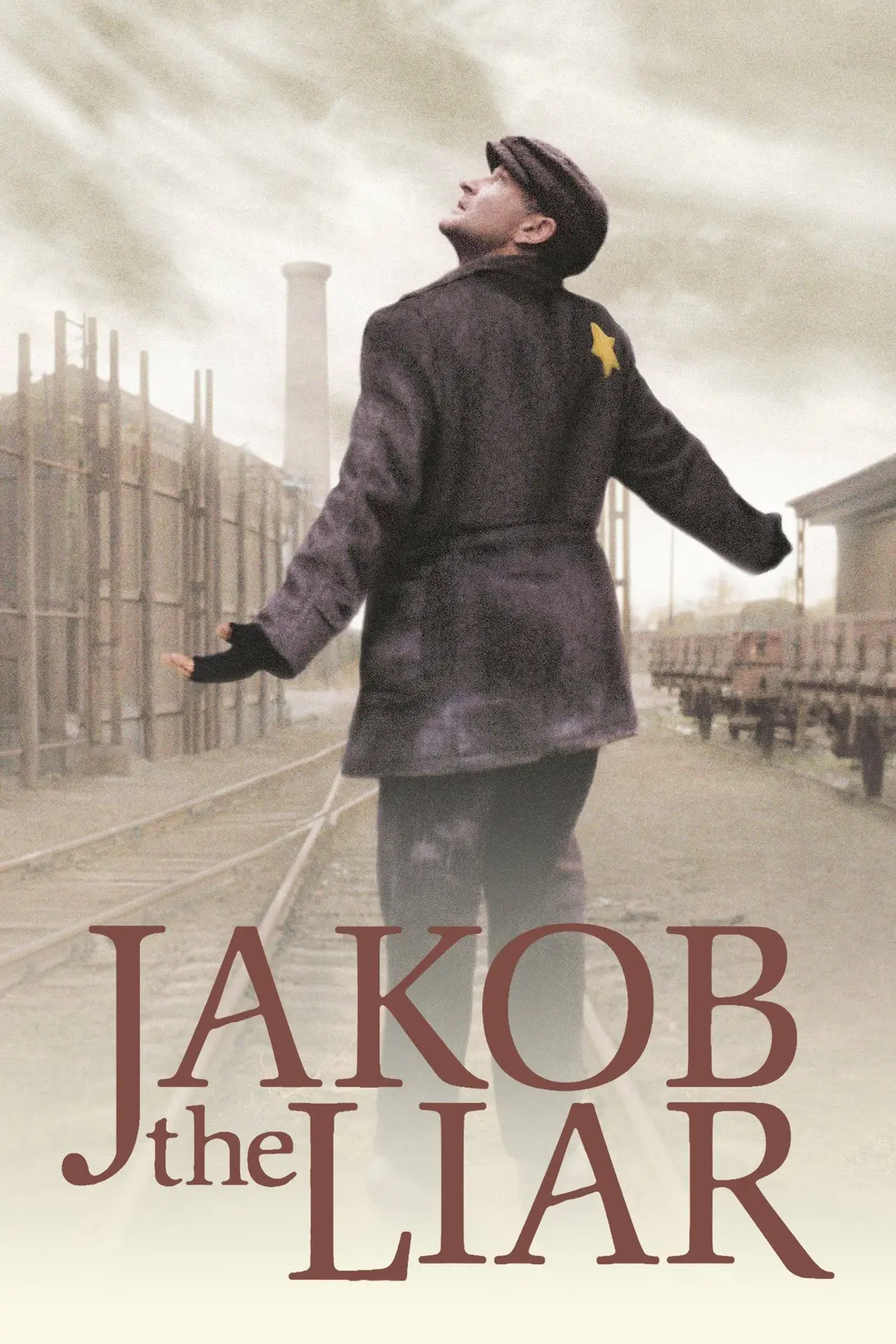In a Jewish ghetto in Poland during World War II, Jakob Liebenstein is an ordinary man who, trapped in a world of hopelessness and suffering, faces the daily oppression of the Nazis. With the lives of his loved ones at stake and a constant fear of deportation, Jakob becomes the unexpected beacon of hope for his neighbors. One day, while trying to hide his inability to provide good news about the outside world, he inadvertently gets embroiled in a misunderstanding that makes him the bearer of supposed encouraging news about the advance of the Red Army.
Driven by his desire to give his friends and family a respite, Jakob begins to tell increasingly dazzling stories, crafting an elaborate deception that instills in them hope and courage. As Jakob's "news" spreads, he becomes the center of attention in the ghetto, generating hope but also a fierce risk. As the days go by, Jakob finds himself tangled in a web of lies that complicates with the arrival of new characters, including a beautiful woman who awakens in him feelings he thought were lost.
Tension escalates when the truth threatens to come to light. Jakob must decide whether he can maintain his charade and, more importantly, how a lie can be, in dark times, a source of light and humanity. Thus, in a journey filled with laughter and tears, a reflection unfolds on truth, hope, and the power of the human spirit.
